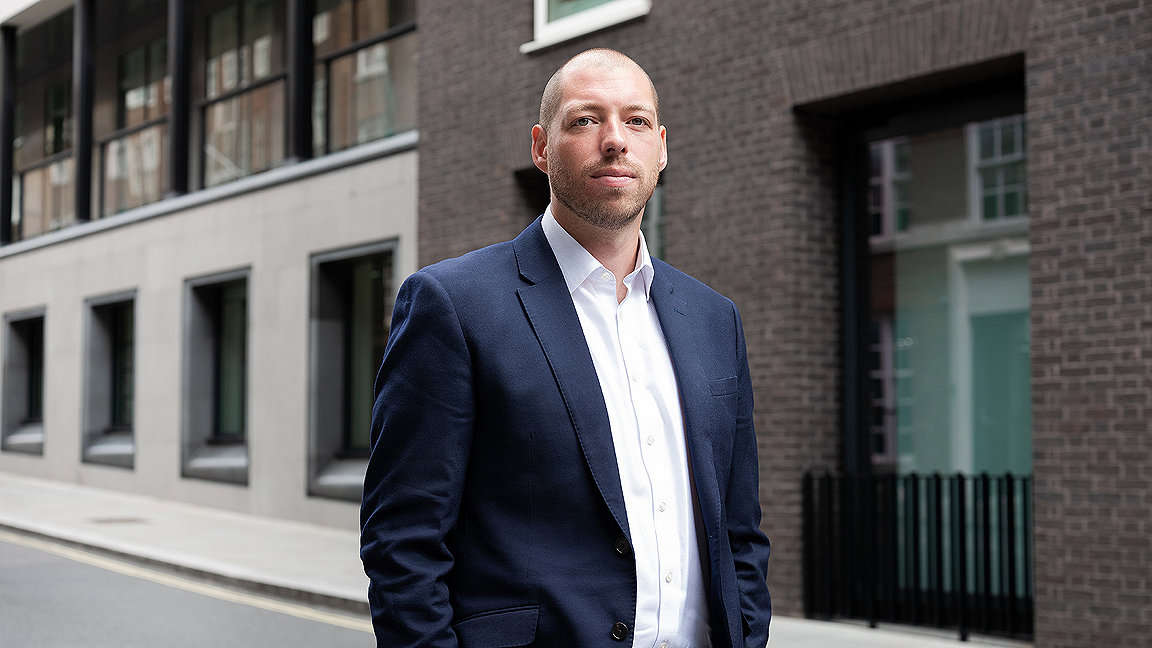
Photo by Michael Leckie
Jonathan Manns believes in the transformative power of real estate to positively shape people and places. His experience spans some of the most well-known names in real estate and a quick look online will see him described as a “pre-eminent British planner of his generation” – so it’s no surprise he was made an RICS Fellow a few months ago.
Alongside his commercial experience, Manns is also chair of the Advisory Board to the UK parliament’s ‘Suburban Taskforce’. This research group, established in March 2020 with a remit to look into London’s suburbs, is the first of its kind to focus exclusively on this type of area. It will identify and secure clear, long-term and properly resourced policies needed to support thriving, sustainable and inclusive suburban areas.
Can you talk about the aims of the suburbs research?
The Suburban Taskforce’s research will shine a light on the nature of the suburbs and raise questions for almost all built environment professionals. Of particular importance are the nature of transport connectivity and walkability, the quality and usability of green space and the green belt, and the need for local leaders to be empowered to give clear and proactive directions.
The taskforce has drawn on historic and recent data, written and oral evidence, and interviews. What this does is provide a starting point for thinking about the suburbs and suggests trends. It will be important that they’re revisited, among other things, once the impacts of the COVID-19 pandemic and results of the recent UK census are made clear.
There has been a recent shift in attitude towards the suburbs and the functions they serve – to what extent has COVID-19 affected this?
It’s certainly the case that the pandemic has focused attention on the suburbs, not least in terms of the type of accommodation and environment they provide. It’s made most people more aware, for example, of their local high street and nearby green space.
Can you talk about this in the context of the workplace?
Many people will have been in a prolonged period of homeworking. Before the pandemic, many firms were beginning to offer more flexibility, but without the pandemic the speed of uptake would almost certainly have been much slower. While there’s a push to get back to the office, it seems likely that remote working will now play a greater role in the way businesses choose to operate.
Is the appeal of the suburbs the same for newer residents and are these people looking for different things than the previous generations who’ve lived there?
There have always been push and pull factors for people moving to and from the suburbs. However, the taskforce’s research is showing that, in places with high growth pressures, the rate of change is far greater than it has been before. Some communities correctly perceive the character of their area to be changing rapidly.
This means that these suburbs will have a much more varied offering for residents, as many take on more ‘urban’ characteristics in parts, shattering long-held perceptions of the suburbs as green, leafy, low density and residential. What the suburbs have to offer is now, in many ways, much less clear cut than it has been for previous generations.

Do you envisage any conflict between those already well-established in the suburbs and newcomers? And if so, in what areas?
Change always, and quite rightly, raises questions about precisely what shape this takes. Many of those who are often branded NIMBYs (not in my back yard) are in fact raising legitimate questions about how the challenges and opportunities of growth or decline are balanced. Unhelpfully, though, there’s also evidence of these concerns being fuelled in part by misinformation and ‘fake news’.
What are your other hopes for the work of the Suburban Taskforce?
That it will help to provide a platform from which to begin important and wider conversations about the need for balance and compromise, and what form these might take. That could mean the amount or distribution of development, evidence or resource requirements.
Jonathan Manns FRICS is an urbanism and real assets specialist, who is Executive Director with mixed use developer Rockwell Property. He has previously worked for Knight Frank and Colliers and is now chair of the Advisory Board to the UK parliament’s Suburban Taskforce.


